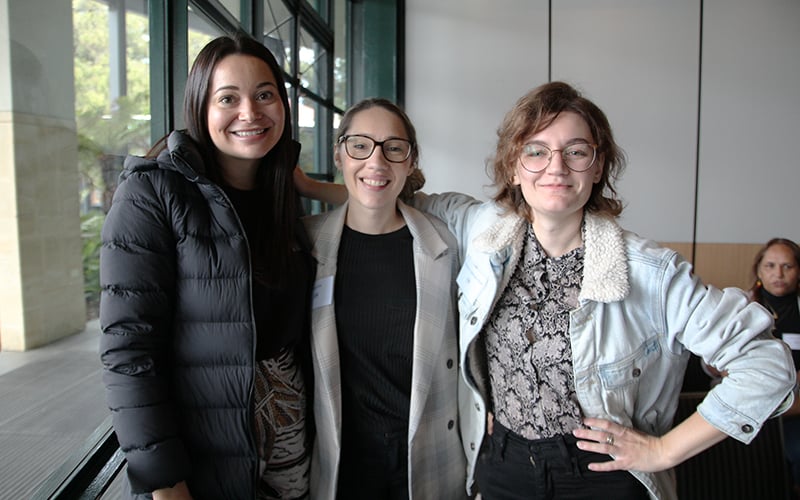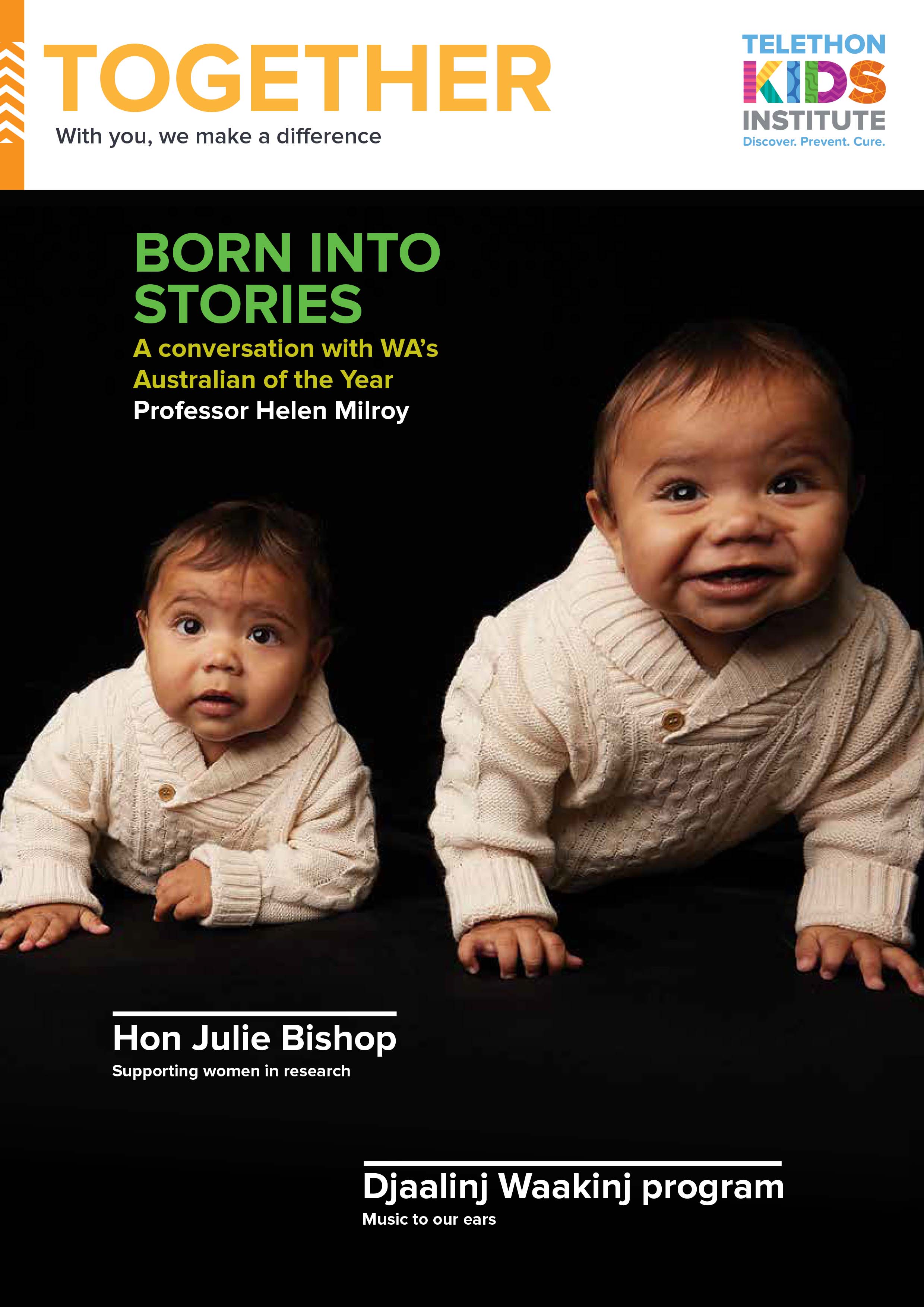Search

News & Events
Donor support creates opportunities for Aboriginal researchers and staffAt The Kids Research Institute Australia, we are committed to the ongoing work in Aboriginal health which includes investment, support and training of our Aboriginal researchers and staff.

News & Events
Introducing our inaugural Illuminate Award recipientsWe are excited to announce the winners of our inaugural Illuminate Awards

News & Events
Meet Shanara - STARS Award RecipientShanara Quartermaine has just received 2022Supporting Training of Aboriginal Researchers & Staff (STARS) Capacity Building Funding Award.


Read the summer 2025 edition of the Together Magazine
Young Minds Matter provides information on the prevalence and impacts of mental disorders on children and adolescents in Australia.
Young people 13 years and older provided information on the health, school, internet and telephone services they used, as well as barriers to seeking help.
The Vaccine Trials Group was formed in March 1999 to provide a coordinated approach to the development, delivery, assessment and promotion of vaccines.

We are looking for healthy young adults to take part in a study that will help us learn more about a new pertussis vaccine that we hope will offer greater protection from whooping cough.
